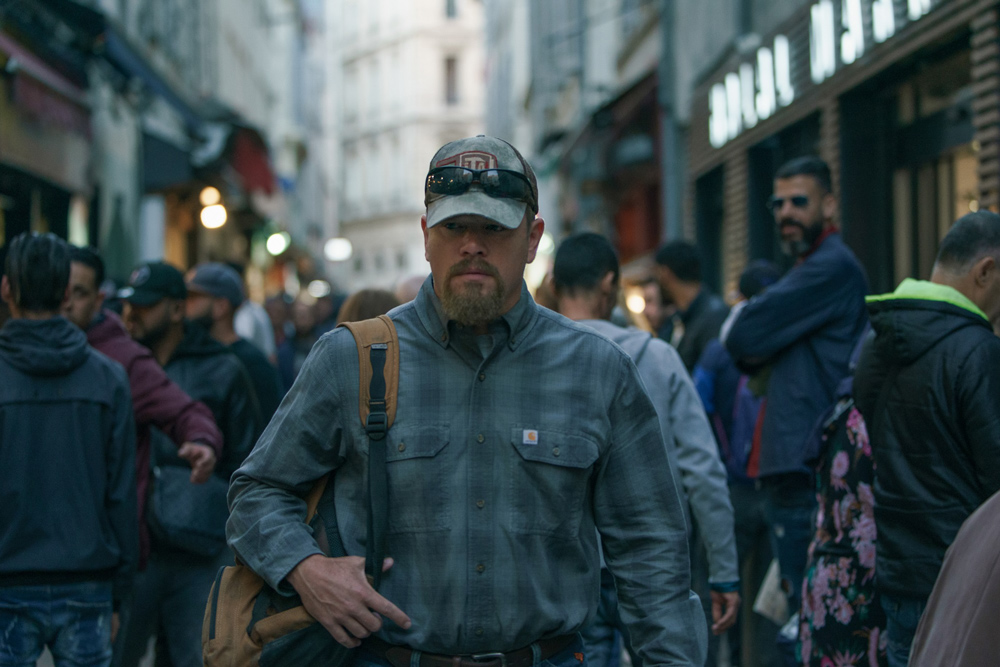
© 2021 Focus Features, LLC.
"Stillwater" The story we need most right now, a prescription for this complex world
2022.01.14
To bridge the divide
The main character, Bill, is a man with complicated circumstances. He is a white manual laborer and is economically disadvantaged, but he wants to take care of his elderly mother and support his daughter, Alison, who is serving time in prison. But Bill isn't the smartest guy, and he has a history of arrests. Allison has a hard time trusting her father, but one thing is certain: He is clumsy but is trying his best to survive.
Oklahoma, where Bill and his mother live, has strong conservative views in both religion and politics, with many supporters of the Republican Party. Since 1984, Republican candidates have continued to win in U.S. presidential elections, and the area is also known for having many supporters of former President Donald Trump. The visual image of the building that Damon embodies seems to be a direct reproduction of the image of a "conservative white male" often portrayed in local news reports. His tattoo of an eagle, the national bird, is also symbolic.
In order to prove his daughter's innocence, Bill visits the port city of Marseille, which is a city of immigrants. Virginie, who cooperates with Bill, is a stage actress and has a liberal way of thinking. The ideas and positions of the two parties sometimes do not intersect, but rather conflict.

“Stillwater” © 2021 Focus Features, LLC.
For example, in one scene Bill and Virginie come face to face with a violent witness. Virginie asks Bill on behalf of Bill, who cannot speak French, ``Do you remember Achim?'' while showing him a photo, but the man expresses discomfort with the growing presence of immigrants in Marseille and says, ``Don't you remember Achim?'' All you have to do is point to them, they (Arabs) are not all that different,'' he declared. Virginie angrily exclaims, ``He's a racist!'' and cuts off the conversation, but Bill persists for his daughter's sake and simply says, ``I work with those kinds of people.'' Virginie is furious at his behavior, but in another scene, Virginie's friend doesn't stop her from asking Bill, ``Did you vote for Trump?'' based on preconceptions.
However, what is important is that Bill and Virginie do not break up, but instead build a loose relationship. Bill also becomes friends with Virginie's daughter, Maya, and they develop a pseudo-family relationship that he could not have had with his real family. This means that people who may be politically or ideologically incompatible with each other simply ``exist'' in the face of the other's ``incomprehension,'' or in other words, do not reject each other.
The same can be said of Bill's attitude towards Alison. As a father, Bill believes in his daughter's innocence, but only Alison knows the truth of the case. Even in the face of this relentless "not understanding," Bill visits Alison and is "there," hoping for Alison to trust her. Their relationship undergoes many changes, and as they change their sense of distance, they expose themselves to each other's ``incomprehension'' and to the complexity and ambiguity surrounding them.
not giving answers to the world

